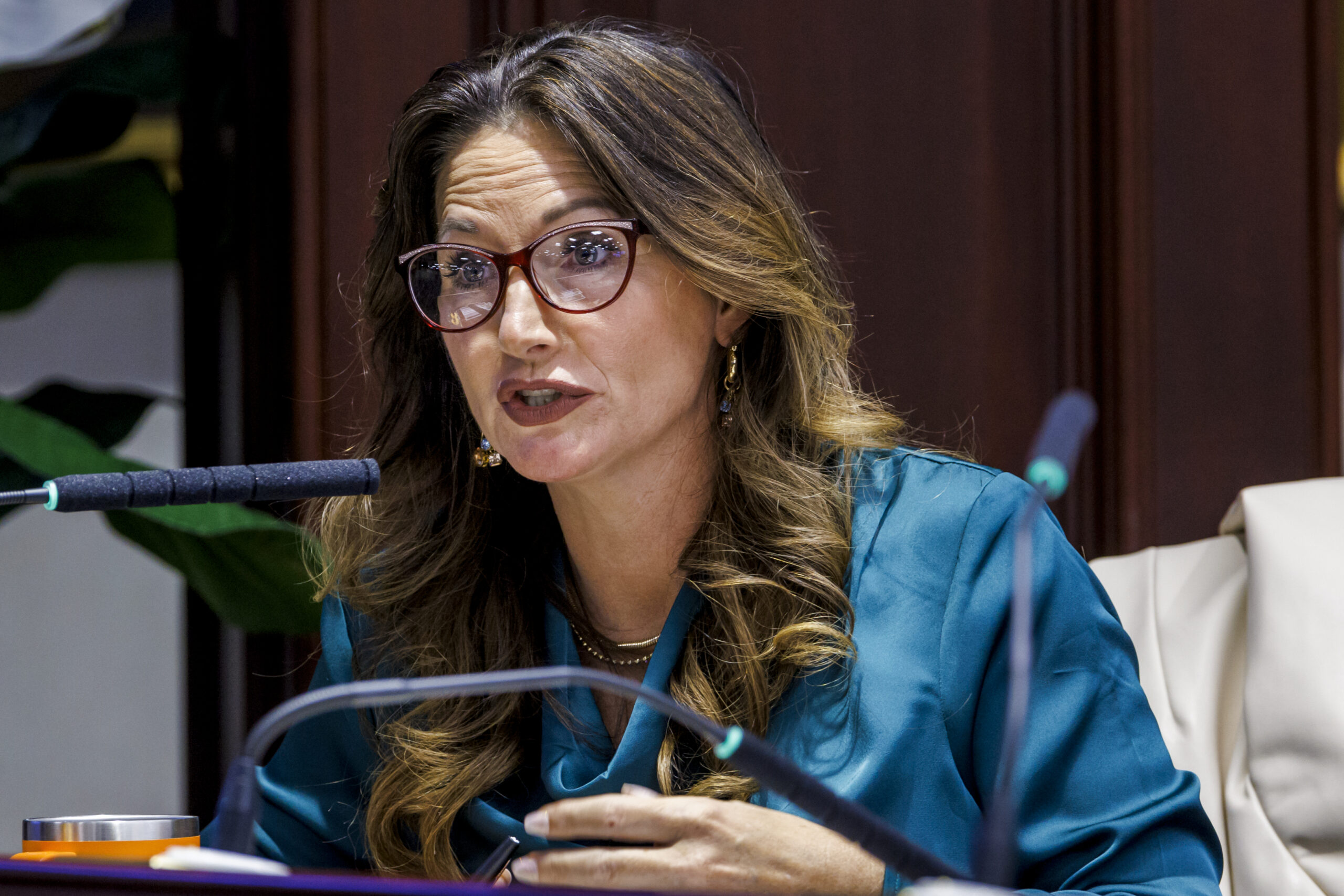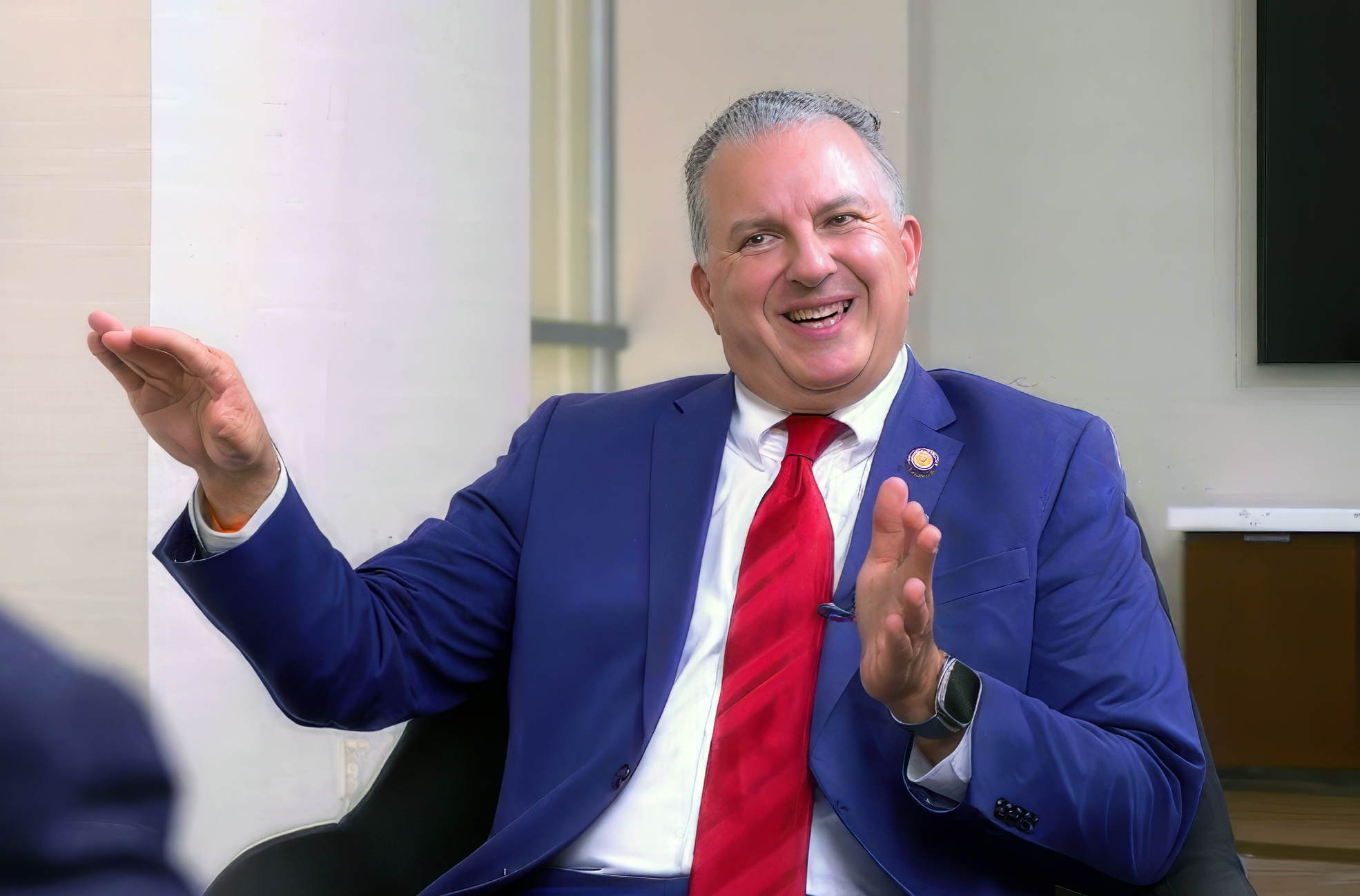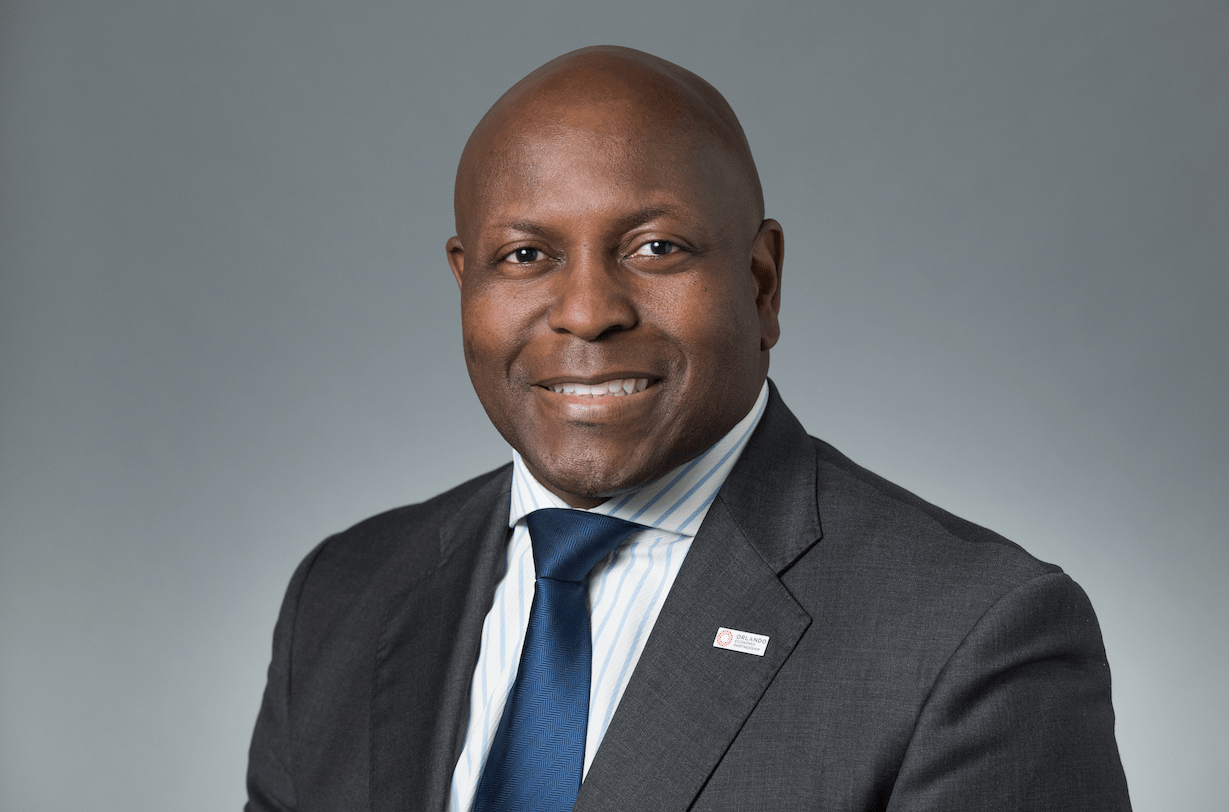Small-scale beer manufacturers may be able to skip the middleman when it comes to getting lagers, ales and stouts to the masses.
The House State Administration Budget Subcommittee has advanced HB 499, which allows microbreweries producing up to 31,000 gallons a year to self-distribute and to get out of current distribution contracts with 24 months’ notice.
The bill is a priority of the Brewers’ Association, which says it is also a priority of House leadership.
Advocates say that it’s no brew-ha-ha; rather, they frame it as a matter of business survival.
Sarah Curl of Pasco County’s Emerald Coast Brewing Company made a more localized case, noting that her company’s “small and intentional” production leaves it out of larger distributors’ business plans.
“Nobody cares more about the quality of their beer than a small-craft brewer,” Curl said.
Her goal: to be able to walk a keg to a restaurant down the street rather than have that same keg languish on a truck to fit the current “outdated, post-prohibition laws” that block local restaurants from serving local brews on tap.
Veteran brewmaster Timothy Shackton of the Ulele Spring Brewery likewise advocated for “limited self-distribution,” saying it benefited “small brewers” and the “community as a whole,” and arguing the proposal could “level the playing field.”
“Right now, many small brewers face a tough choice: sign long-term contracts with distributors and commit to large capacity orders that financially squeeze them or, worse yet, they’re unable to fulfill. Those demands can be crippling,” Shackton said.
Danielle Snitkar of Florida Hoppy Brands advocated for a coalition of microbreweries that are “not in a position to go with a large distributor” given limited production runs and lack of capital to buy into the three-tier system.
Brian Detweiler of the Florida Brewers Guild said the bill “could be the difference between your constituents keeping and losing part of their community: their beloved local brewery.” He described the bill as a “bridge to the three-tier system” by a “small, scrappy brewery,” and noted that 39 states already allow what Florida is considering.
Yet members of other groups presented more of a bitter beer face.
Jared Ross of the Florida Beer Wholesalers Association said his group “strongly opposes” the bill, which “goes too far” and threatens the “three-tier system” of manufacturers/importers, distributors/wholesalers, and retailers by “allowing smaller manufacturers to self-distribute.”
After the public had its say, legislators weighed in pro and con.
Republican Rep. Taylor Yarkosky said the “awesome” bill was a way to “empower and open the door” for small producers.
Republican Rep. Shane Abbott welcomed further “tweaks,” but backed the bill.
Democratic Rep. Felicia Robinson urged legislators to be “careful” about how rules are changed, expressing her concern that “all players play within the system.” While she was up on the bill, she was concerned about tinkering with the regulation of alcoholic beverages.
While the legislation has one committee to go before the House floor, the Senate may offer a buzzkill. Sen. Jay Collins’ bill (SB 1818) has yet to be put on a committee agenda.
Post Views: 0

 Entertainment8 years ago
Entertainment8 years ago
 Politics8 years ago
Politics8 years ago
 Entertainment8 years ago
Entertainment8 years ago
 Entertainment8 years ago
Entertainment8 years ago
 Tech8 years ago
Tech8 years ago
 Tech8 years ago
Tech8 years ago
 Tech8 years ago
Tech8 years ago
 Politics8 years ago
Politics8 years ago









